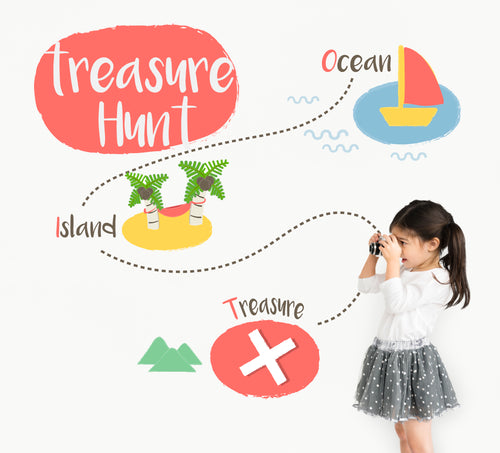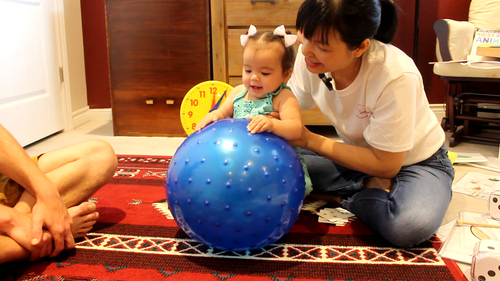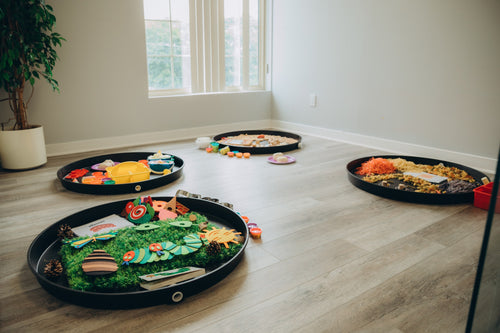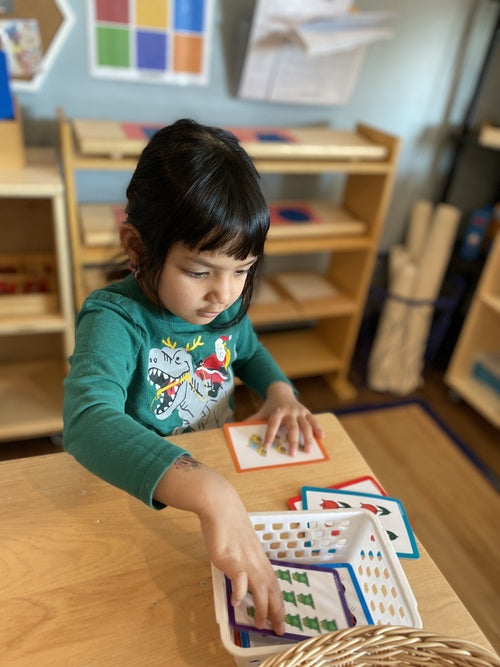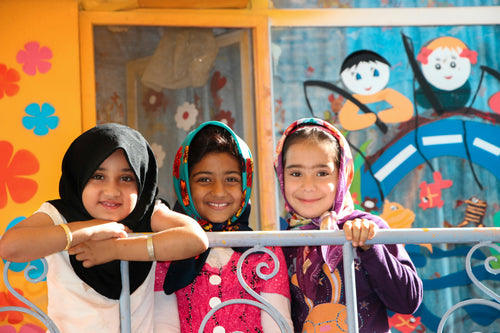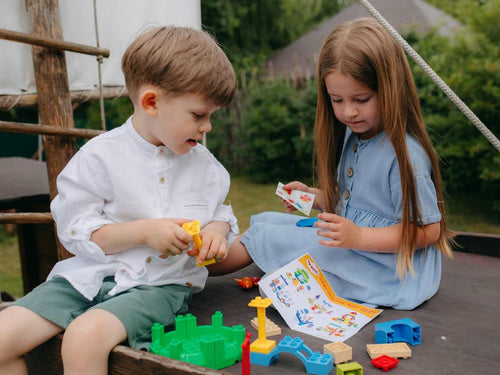Introducing science to children at a young age can significantly boost their brain development. Science experiments are not only engaging but also encourage curiosity, problem-solving, and creative thinking. In recent years, STEM (Science, Technology, Engineering, and Mathematics) education has become a key component in modern learning, equipping kids with the skills they need for the future. By incorporating science experiments for kids into their daily routines, parents and educators can make learning both fun and impactful.
The Role of STEM in Modern Education
STEM education plays a crucial role in preparing children for the future. It nurtures critical thinking, encourages innovation, and helps kids understand the world around them. Through hands-on learning, children are introduced to complex concepts in a way that’s easy to grasp and fun to explore. With its growing importance in the job market, starting STEM education early gives kids a head start in developing valuable skills like analytical thinking, problem-solving, and collaboration.
Science experiments, as part of STEM, promote active learning, which is known to enhance memory retention and brain development. These experiments allow children to use their senses, apply logical thinking, and understand how different elements of the world interact. The earlier children are exposed to STEM activities, the more confident they become in tackling challenges and solving problems. Now, let's explore how simple science experiments can boost brain development in children.
Benefits of Science Experiments for Kids
Hands-on activities, like science experiments for kids, have a direct impact on brain development. Here are a few key benefits:
- Stimulates Curiosity and Imagination:Science experiments naturally spark curiosity as children ask questions and seek answers, boosting creative thinking.
- Enhances Problem-Solving Skills:Children learn to hypothesize, test their ideas, and draw conclusions, helping them develop critical thinking and problem-solving abilities.
- Boosts Memory and Focus:Engaging in these experiments allows kids to concentrate for extended periods and retain information more effectively.
- Promotes Patience and Persistence:Not every experiment goes as planned, which teaches children patience and resilience while encouraging them to try again.
- Encourages Teamwork and Collaboration:Many science experiments are collaborative, helping children develop communication and social skills while working with others.
You can explore more programs to boost your kid's brain reach their full potential here.

5 Easy and Fun Science Experiments for Kids
Here are five simple science experiments for kids that not only entertain but also stimulate brain development:
1. Rainbow in a Jar
This colorful experiment introduces kids to the concept of density. Different liquids have varying densities, and by layering them in a jar, children can create a beautiful rainbow.
What you need:
- Honey
- Dish soap
- Water
- Vegetable oil
- Food coloring
- A clear jar
Instructions:
- Pour each liquid carefully into the jar, starting with honey, followed by dish soap, water, and oil.
- Add a few drops of food coloring to the water for a vibrant effect.
- Watch as the liquids form distinct layers due to their different densities.
Learning outcome: Kids will understand the concept of density and how various substances interact based on their weight and composition.
2. Baking Soda Volcano
This classic experiment is a favorite for introducing children to chemical reactions. When baking soda and vinegar combine, they create a bubbling "lava" effect that fascinates kids.
What you need:
- Baking soda
- Vinegar
- Food coloring
- A small container or bottle
Instructions:
- Place the container on a tray or outdoors.
- Add a generous amount of baking soda to the container.
- Pour in vinegar and watch the fizzy eruption!
- Add food coloring to the vinegar for a more colorful explosion.
Learning outcome: Children learn about acid-base reactions and the power of chemical reactions in a safe, exciting way.
3. Magic Milk Experiment
This experiment combines art and science, allowing kids to explore the concept of surface tension. The reaction between milk, soap, and food coloring creates mesmerizing patterns.
What you need:
- Whole milk
- Food coloring
- Dish soap
- Cotton swabs
- A shallow dish
Instructions:
- Pour milk into the dish until it covers the bottom.
- Add drops of food coloring to different areas of the milk.
- Dip a cotton swab in dish soap and touch it to the milk’s surface.
- Watch as the colors swirl and move!
Learning outcome: Kids learn about surface tension and the interaction between different substances while creating colorful art.
4. Balloon Rocket
This experiment uses air pressure to power a balloon rocket, teaching children about the basics of physics and motion.
What you need:
- A balloon
- String
- Tape
- A straw
Instructions:
- Thread the string through the straw and tie it between two objects.
- Inflate the balloon and tape it to the straw.
- Release the balloon and watch it zip along the string like a rocket!
Learning outcome: This activity demonstrates the principles of propulsion and air pressure, sparking an interest in physics.
5. Growing Crystals
Kids will love watching crystals form right before their eyes, learning about evaporation and how different substances grow into solid structures.
What you need:
- Epsom salt or borax
- Hot water
- Food coloring
- A jar
- A string or stick
Instructions:
- Dissolve the salt or borax in hot water.
- Add food coloring for a pop of color.
- Suspend a string or stick in the solution and let it sit overnight.
- Watch as crystals form on the string or stick.
Learning outcome: Kids learn about the process of evaporation and crystal formation, enhancing their understanding of chemistry and patience.
Encouraging Long-Term Learning with Science
Science experiments offer children opportunities to explore, question, and learn by doing. By integrating science experiments for kids into their learning routine, parents and educators can help foster an early love for discovery. These activities encourage lifelong learning and curiosity, laying the foundation for success in STEM fields.
As STEM education becomes increasingly important in the modern world, exposing children to science in a playful and interactive way helps them build skills that are critical for their future. Science experiments for kids allow them to see the practical application of scientific concepts, making learning enjoyable while promoting cognitive development.

Science experiments for kids are more than just fun activities – they are powerful tools that support brain development, critical thinking, and problem-solving skills. By incorporating STEM education through these experiments, children are better equipped to navigate an increasingly complex world. Whether it's exploring the wonders of chemistry with a baking soda volcano or learning about physics with a balloon rocket, these hands-on activities make science an exciting part of every child’s life.
At Smartizen, we make science fun and engaging for kids aged 6 months to 6 years. Through interactive, hands-on activities, we introduce young minds to the wonders of science, sparking curiosity and critical thinking. Whether it’s sensory play or simple experiments, our programs are designed to promote brain development while your child enjoys the thrill of discovery.
Curious to see the difference? Book a free trial class here with our founder today and explore how Smartizen can help your child learn, grow, and develop a love for science from an early age!


